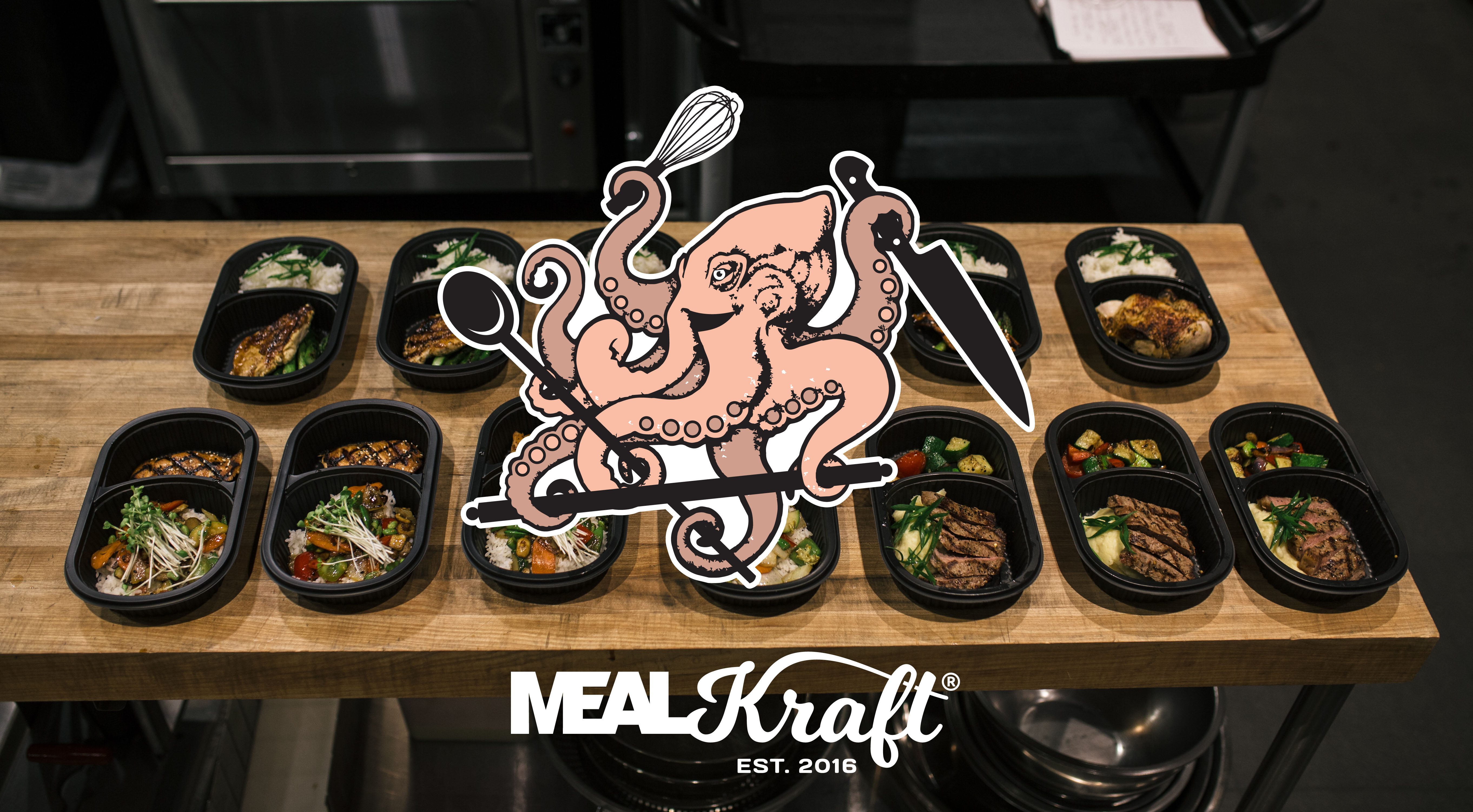
Good Gut Health Should be at the Centre of Your Nutrition
Your digestive system is your body’s fuel source. It’s responsible for breaking down and absorbing nutrients from food and liquid so they can be converted into energy. As athletes, we think a lot about what nutrients we’re putting into our bodies. But we should also be considering how we can help our digestive tract in absorbing those nutrients.
If your digestive tract is suffering, it can easily affect your overall nutrition. It’s responsible not only for absorbing nutrients you need, but for keeping toxins and harmful chemicals out of your body, and keeping your immune system running smoothly. A poorly functioning digestive system can also seriously impact your mental state, concentration, and energy levels.
Two of the main causes of bad gut health are inflammation in the intestines, and a lack of good bacteria in the digestive tract. In order to prevent these two things from happening, we need to make sure our diets include three things: fiber, probiotics, and vitamins.
Good Gut Health Essentials
Probiotics
You’ve probably heard of “probiotics” before. Probiotics are essential for developing healthy gut bacteria. You can find probiotic supplements at local health food stores. Probiotics are also found in items like kombucha and sauerkraut. If you haven’t tried locally-made Boocha yet, this is a great time to get sipping on those healthy probiotics!
Fiber
We need fiber to keep things moving in our digestive tracts. Fiber helps clear out waste, and aids in developing healthy bacteria. Chia seeds are a great source of fiber, so next time you’re whipping up your daily power shake or smoothie, be sure to add a tablespoon of chia seeds. Another great source of fiber is found in quinoa. Check out our Shrimp Quinoa Bowl for a delicious way to get your daily fiber without having to shop, cook, or clean up!
Vitamins
Certain vitamins can help reduce inflammation throughout the body, and especially in the gut. A few vitamins to supplement for good gut health include:
– Zinc
– Magnesium
– Vitamin D
Most of these can be found in a good multi-vitamin. If you haven’t already, be sure to make a daily vitamin supplement part of your routine.
What to Avoid
Getting the right food in our diets is important to gut health, but what we cut from our diets is just as important. There are a few items that can slow down the digestive process, interfere with absorption, and cause inflammation.
A few items to avoid or cut down on include:
– Caffeine
– Alcohol
– Overconsumption of meats
– Unnecessary medications like ibuprofen
– Processed foods
– Sugar and artificial sweeteners
What to Do When You’re Having Persistent Gut Problems:
1. Check in on what you’re eating
Some people have individual senstitivities to foods like eggs, soy, and dairy. If you can, start a food diary to track what you eat in a day and how you feel. After a while, you might be able to link certain foods to feeling unwell and make easy dietary changes to feel better.
2. Schedule an appointment with your doctor
We all feel bloated and cramped up sometimes, but if it’s ongoing, there could be an underlying problem that needs to be solved. For example, you might have celiac disease (up to 1 in 10 people have celiac disease, and many are undiagnosed). Check in with your doctor if symptoms are persistent.
3. Incorporate healthy foods and supplements now
When you start to feel sluggish, unfocused, or bloated, the best thing you can do is start getting the right bacteria and probiotics into your diet right away. Gut health is long-term, so take note of what you should and shouldn’t be eating, and commit to a healthier diet now!
And remember – you can always get in touch with MealKraft with specific dietary needs. We provide nutritional information for all of our meals and can modify recipes to make sure they’re right for you and your health!





